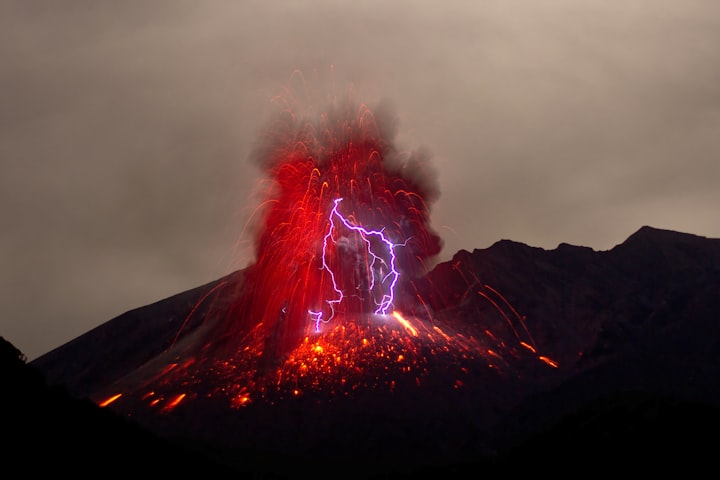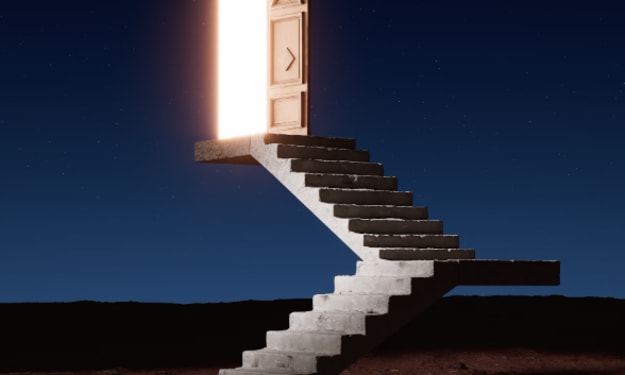Natural Disasters in Fiction
Worldbuilding 5

When natural disasters show up in fiction at all, they tend to be the focus of the plot. So why bother thinking about them in a range of articles on worldbuilding? Well, because they do affect worldbuilding. They will affect how your characters view the world, the stories they tell, the houses they live in.
Yes, natural disasters do make for fine plot. Blizzards can trap your characters in a small location, forcing them to face the monster instead of doing the far more sensible thing and running away to somewhere that monster can’t possibly reach them. Earthquakes and volcanoes portend doom. If these are part of your plot, it is obviously worth building the history of them into your world. If only to make your plot seem more believable.
There are a lot of ways that the world itself can try to kill us, and therefore a multitude of ways for your characters to face the raw, destructive power of their world. Floods, fires, mudslides, earthquakes, tornadoes, waterspouts, tsunamis, to name just a few. You don’t need to have an evil sorcerer behind these things (although if that works best for your plot, go right ahead). The Earth itself is more than willing to kill the unwary. Mother Nature frequently has a very considerable temper. Even without disasters, I know that people die of exposure in the UK every year because they didn’t think the weather might change before they decided to walk up a mountain, or walk into a forest, and that is in the UK, where the climate is usually mild and wet enough to allow survival for at least a few hours.
Why think of such things if they aren’t a direct part of your plot, though? Because they change how people live and build. If an area is prone to earthquakes, architecture and decorations are going to be different to areas where the earth stays still. An area prone to frequent flooding might get rid of wagons in favour of large barges, because they can be used all year round, rather than only in the few months where the river is not flooding, and the houses will almost certainly be either built on higher ground or will have much higher foundation layers.If tsunaris are likely, houses will not be built close to the shore. These things can have a knock-on effect on laws, too. In London after the Great Fire, laws were put in place to stop anyone building their homes out of wood. Similar building restrictions could easily be put in place in somewhere prone to earthquakes, to prevent stray embers making the aftermath of an earthquake that much worse for towns and cities.
Somewhere prone to large tornadoes is likely to have houses with stout underground shelters to hide in. In areas prone to particularly heavy blizzards, the houses will be steeply sloped to help the snow fall off rather than piling up. Yes, these are all background details, but they will help your world spring vividly to life.
There is also the history aspect. I am fond of the tales of Atlantis, and other flooded cities that are part of the unique folklore of Britain. That is a clear example of a way that a past natural disaster could affect your story. If a city has drowned, but every full moon you can still hear the bells from its temple, and if you look in just the right place at just the right time you might be able to see it and learn some of its secrets - well, even if that isn’t part of what your characters do, it adds a fun texture to the background of the world. It could even lead to festivals, in the way that Hallowe’en has grown out of the Celtic festival of the dead.
When you are worldbuilding, it is worth scattering background historic events that people will talk about, even when those events do not have a direct impact on your plot. It will help make your world feel more real, and less as simply a backdrop for your characters to act in front of. I would always suggest including the disasters that will affect your plot first, then expand out from there.
Just look at the potential natural hazards where you live. Have you ever seen those hazards in a story? Can you use your personal experience of them to add a level of truth to your story that will grab and hold the attention of your readers?
About the Creator
Claire Stephen-Walker
Hi. My name’s Claire, and I spend all of my time writing. I have for as long as I can remember, because it is as close to magic as reality lets me get.






Comments
There are no comments for this story
Be the first to respond and start the conversation.